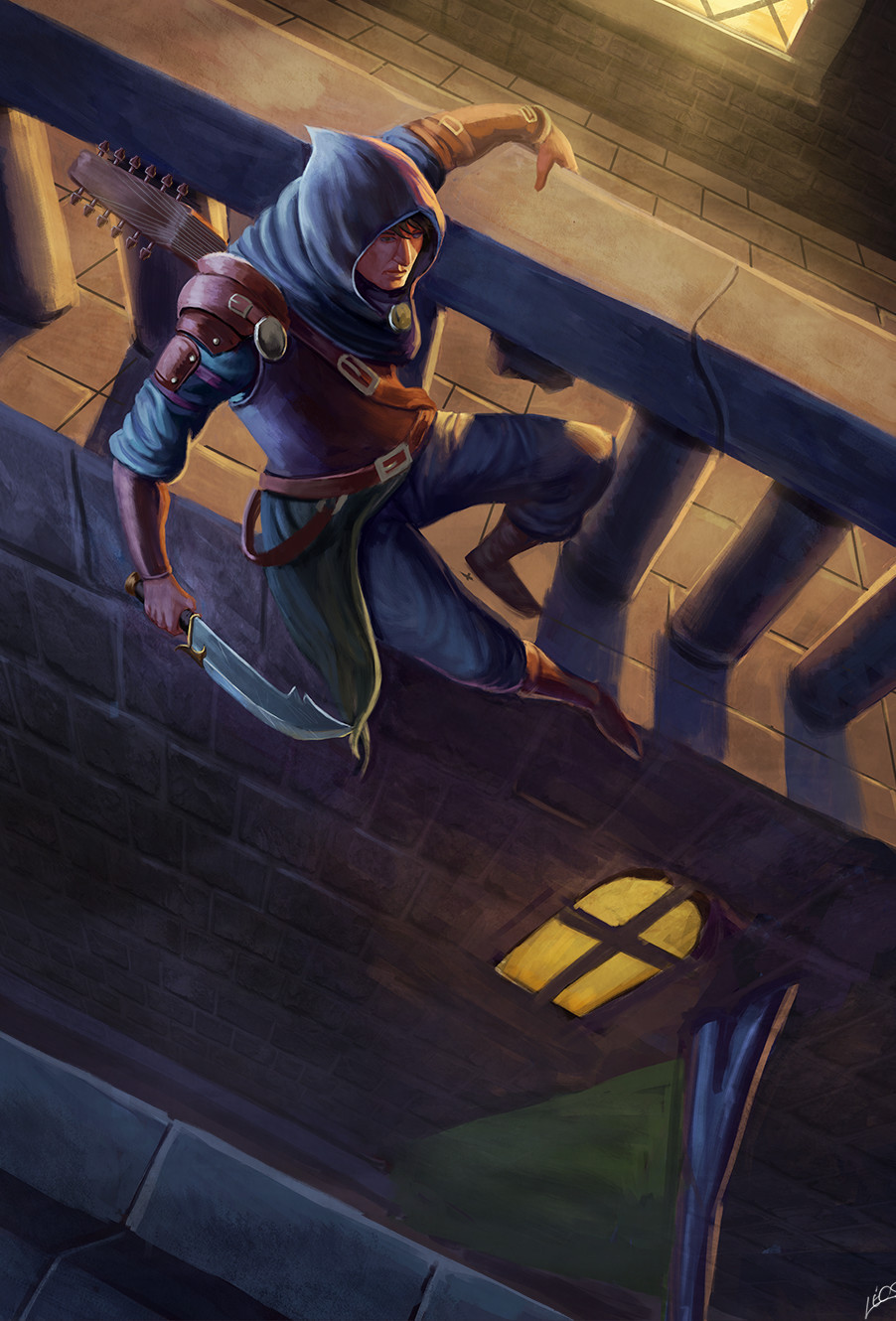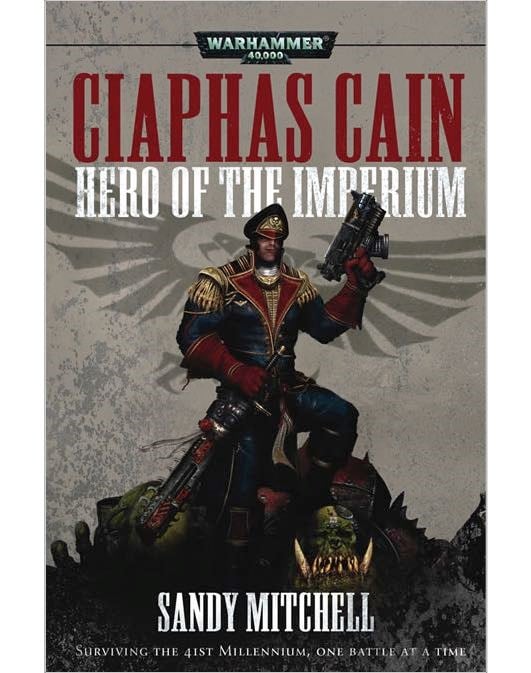The Fisher Kingdom concept came from a number of sources: most obvious, Arthurian myth - but that's a small piece of the pie. The second big one was the Isle of Thanet; and, indirectly of Sheppey. Whatever Thanet is known for now, it was once in fact an actual island - the beachhead for the Saxons. To have it as an independent kingdom was obvious.
After all that, I recalled the Fallout faction called the Enclave. What would such a group look like if it were faintly benevolent? High technology, high ideals, limited manpower, limited results.
The terms Fisher Kingdom lends itself instantly to Naval power; the exterior nature of the Fisher Kingdom to other factions made it an outsider - this and Sussex smugglers (see the Kipling poem 'A Smuggler's Song' from Puck of Pook's Hill) lend themselves to smuggling - of goods and people (smuggling even being mentioned in the inspiration post) Lovers of freedom, especially from the White Horse Brethren.
One final element: age. The Enclave is a remnant of another time; let us have The Fisher Kingdom be so likewise, with a population of ageing idealists sustained by pre-apocalypse technology which they are slow to share. The connections of longevity brings the whole thing round back to Arthurian myth.
What do they do then, these Fisherfolk? Fight against the White Horse Brethren (they dislike serfdom), takes goods and people across the Channel (Flanders and Normandy probably aren't that wholesome; giving the Fisher Kingdom a connection in Brittany is quite fitting). They fish for much of their diet - there are plentiful stocks of mutant North Sea cod. But they aren't many, and they aren't welcoming, bring a little too mindful of their own pleasures. They do not have much land to sustain themselves on.
There is something of twentieth century American foreign policy about this: broadly benevolent, but not necessarily in it for the long haul. Certainly more democratic, more liberal than the White Horse Brotherhood - but not exerting a great hold over the Home Counties, and unlikely to if they stay on this course. A little like a merchant republic - but not exactly an open city.
The Fisher Kingdom AT BEST: Heroes who cruise in, kill the
evil emperor, cure Little Timmy’s consumption, give the starving villagers
1000000000000 fish fingers and go on to the next adventure.
AT WORST: They cruise in, blow up the
overlord’s palace and cruise out again, trusting that democracy and free trade
will spring up among the villagers, keeping all the best toys for themselves.


